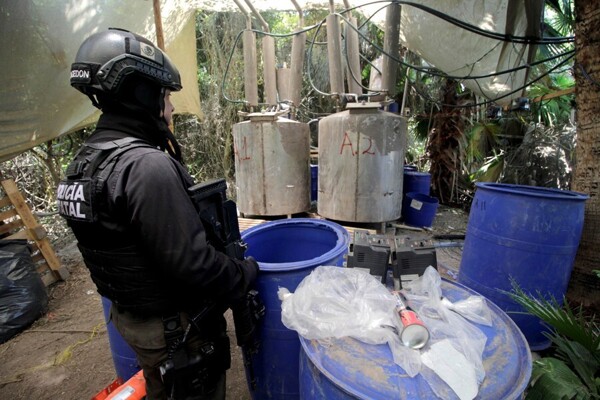Dr. Vargas, through her work, seeks not only to treat patients with rare diseases but also to advocate for greater recognition and resources for the management of these complex conditions. The conversation about rare diseases is more relevant than ever. Dr. Vargas, with her dedication and passion, is at the forefront of this fight, seeking not only the well-being of her patients but also a future where every disease, no matter how rare, receives the attention and treatment it deserves.
The lack of knowledge about these conditions can lead to a 'diagnostic odyssey,' where patients undergo multiple evaluations without obtaining clear answers. Globally, it is estimated that around 300 million people suffer from some rare disease. 'It is essential that future doctors recognize these pathologies in order to offer timely diagnoses and treatments,' concluded Dr. Vargas.
By fostering collaboration among specialists and patient organizations, the quality of life and access to appropriate treatments can be improved. With over 6,800 identified rare diseases, the impact of these conditions is profound, affecting not only the patients but also their families and the healthcare system as a whole.
The commemoration of World Rare Disease Day, celebrated on February 28, served as a reminder of the importance of awareness in the medical field and among the general population. 'A rare disease is defined as one that affects fewer than 200,000 people in a country,' explained Dr. Vargas.
These types of pathologies can manifest acutely or chronically, and triggers such as infections or surgical events can further complicate the diagnosis. The doctor also emphasized the importance of continuous medical education, suggesting that universities integrate the study of rare diseases into their curricula.
'Research and development of therapies are vital, but they require a joint effort from doctors, researchers, and legislators,' stressed Dr. Vargas. She also mentioned the need to create support networks for patients and families affected by rare diseases and urged the medical community to consider these diseases in cases of unexplained clinical deterioration, especially in young patients.
'It is essential to suspect an inherited metabolic error when a patient presents progressive deterioration without an apparent cause,' explained Vargas. 'The average can range from five to ten years, and many patients are seen by multiple specialists before receiving a correct diagnosis,' commented the doctor. 'These patients often present symptoms that are not explained by common diagnoses, which can lead to delays in treatment and misdiagnoses,' she warned.
One of the most concerning aspects is the time it can take to reach an adequate diagnosis. In a world where medicine is advancing rapidly, it is imperative that we do not leave behind those who suffer from rare conditions. This definition, adopted in the European Union since 1999, includes conditions that present a high rate of morbidity-mortality and neurological complications. 'It is crucial that all doctors, regardless of their specialty, be vigilant about these pathologies,' she added.
Dr. Vargas highlighted that inherited metabolic errors are a subgroup within rare diseases, caused by genetic mutations that affect the metabolic functions of the body. In an interview, Dr. Ericka Vargas Quevedo, pediatric internist and Coordinator of the Clinic for Inborn Metabolic Errors and Rare Diseases, emphasized the urgent need to bring visibility to these uncommon conditions. 'Loneliness and lack of information are significant barriers for those facing these conditions,' she said. However, only a small percentage of these conditions have available treatments.














